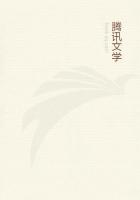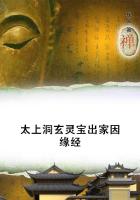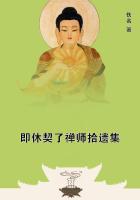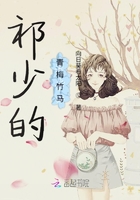There is a note, written in a close and pretty writing, something between Sir Walter Scott's and Mrs. Browning's, which the present writer has possessed for years, fastened in a book among other early treasures:--
Thank you, dearest Miss Priscilla, for your great kindness. I return the ninth volume of [illegible], with the four succeeding ones, all that I have; probably all that are yet published. You shall have the rest when I get them. Tell dear Mr. George (I must not call him Vert-Vert) that I have recollected the name of the author of the clever novel 'Le Rouge et le Noir' (that is the right title of the book, which has nothing to do with the name); the author's name is Stendhal, or so he calls himself. I think that he was either a musician or a musical critic, and that he is dead. . . . My visitor has not yet arrived (6 o'clock, p.m.), frightened no doubt by the abruptness of the two notes which I wrote in reply to hers yesterday morning; and indeed nobody could fancy the hurry in which one is forced to write by this walking post. . . .
Tell my visitors of yesterday with my kind love that they did me all the good in the world, as indeed everybody of your house does.--
Ever, dear Miss Priscilla, very affectionately yours, M. R. MITFORD.
In the present writer's own early days, when the now owner of Swallowfield was a very young, younger son, she used to hear him and his sister, Mrs. Brackenbury (the Miss Priscilla of the note), speaking with affectionate remembrance of the old friend lately gone, who had dwelt at their very gates; through which friendly gates one is glad, indeed, to realise what delightful companionship and loving help came to cheer the end of that long and toilsome life; and when Messrs. Macmillan suggested this preface the writer looked for her old autograph-book, and at its suggestion wrote (wondering whether any links existed still) to ask for information concerning Miss Mitford, and so it happened that she found herself also kindly entertained at Swallowfield, and invited to visit the scenes of which the author of 'Our Village' had written with so much delight.
I think I should like to reverse the old proverb about letting those who run read, my own particular fancy being for reading first and running afterwards. There are few greater pleasures than to meet with an Individuality, to listen to it speaking from a printed page, recounting, suggesting, growing upon you every hour, gaining in life and presence, and then, while still under its influence, to find oneself suddenly transported into the very scene of that life, to stand among its familiar impressions and experiences, realising another distinct existence by some odd metempsychosis, and what may--or rather, what MUST have been. It is existing a book rather than reading it when this happens to one.
The house in Swallowfield Park is an old English country home, a fastness still piled up against time; whose stately walls and halls within, and beautiful century-old trees in the park without, record great times and striking figures. The manor was a part of the dowry of Henry the VIII.'s luckless queens. The modern house was built by Clarendon, and the old church among the elms dates from 1200, with carved signs and symbols and brasses of knights and burgesses, and names of strange sound and bygone fashion.
Lady Russell, who had sent the phaeton with the fast-stepping horse to meet us, was walking in the park as we drove up, and instead of taking us back to the house, she first led the way across the grass and by the stream to the old church, standing in its trim sweet garden, where Death itself seems smiling and fearless; where kind Mary Mitford's warm heart rests quiet, and 'her busy hand,' as she says herself, 'is lying in peace there, where the sun glances through the great elm trees in the beautiful churchyard of Swallowfield.'
The last baronet, Sir Charles, who fought in the Crimea, and who succeeded his father, Sir Henry, moved the dividing rail so that his old friend should be well within the shadow of these elm trees.

